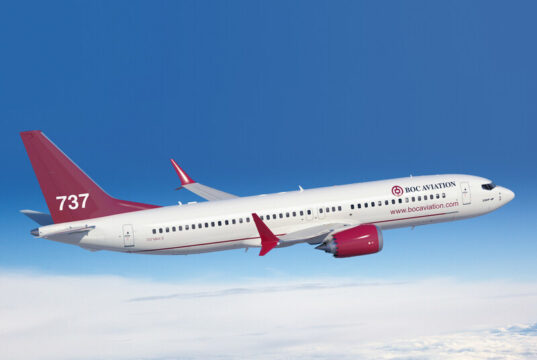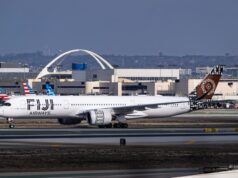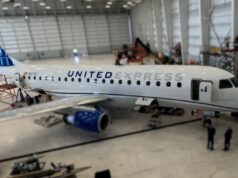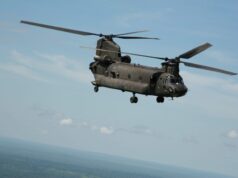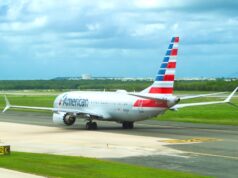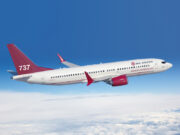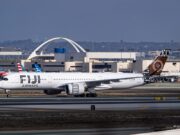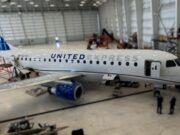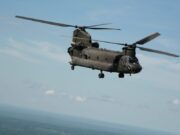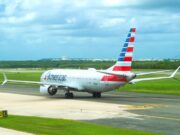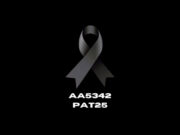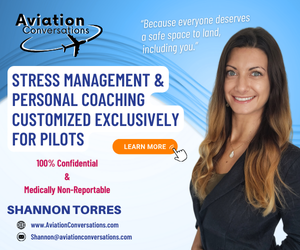Starting the flight training journey is challenging. The first actionable decision of a pilot’s career is where to train. The goal is to find the best possible training. Yet financially, the options can be narrowed significantly. For many aspiring aviators, the cost of flight training continues to be the biggest challenge to overcome, despite industry efforts to amplify availability of scholarships.
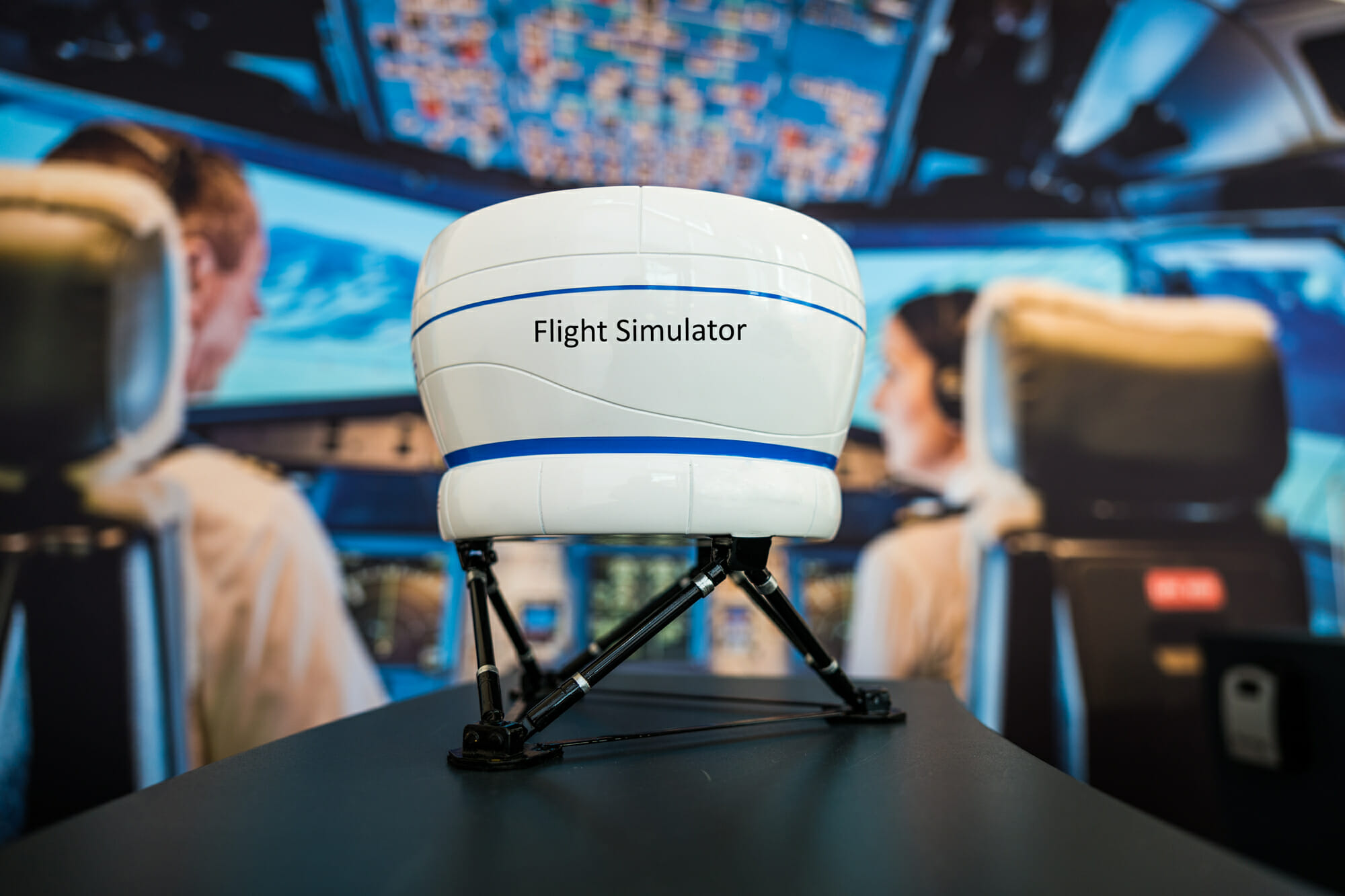
One of the most important factors to consider is speed of training. As you may be aware, seniority is key. Seniority dictates pay, schedule and overall quality of life. Opting for a renowned university training provider may sound logical, yet capacity constraints have forced reductions in flying opportunities, in order to accommodate all students. On the other hand, accelerated programs may be too much to take in for some. We all have different learning styles and preferences, and we are certainly not all equally equipped to fit into the “accelerated program” mold.
Training curriculum is likewise an important factor to consider. The more structured the training, the more aligned it is to airline-style training. Concepts such as flows, callouts and checklists are the cornerstones of airlines’ operating procedures. Hence, learning these concepts early will be highly beneficial at later stages because it will facilitate a smoother transition. For those who learn linearly (following a “building blocks” approach) Part 141 training may be more suitable than Part 61 curricula.
Availability of equipment is directly associated with speed of training. The more aircraft, the greater the flight training throughput. Newer aircraft will inherently have fewer maintenance issues, increasing the resource utilization rates. Higher resource availability equates to more flying opportunities, even the prospects to pursue extra training activities. Likewise, modern glass-cockpit displays and avionics will create an easier airline transition onto jet aircraft instrument and engine displays.
Finally, look out for career path opportunities. These may include pathway programs, financial incentives, ambassador roles, among others. Each flight school or university may also be partnered with multiple programs. By building a connection with recruiters and line pilots, you will also be making meaningful industry connections and learning new aspects about the industry. Depending on your individual goals and professional aspirations, take time to review the advantages and disadvantages associated with each of these partnerships.
Whether you are planning to begin or have already started your flight training journey, you should always do what works best for you. It is evident that there is no sole factor that should be determining. Thus, picking a flight school that meets your own individual learning needs and preferences will guarantee a successful path forward.












